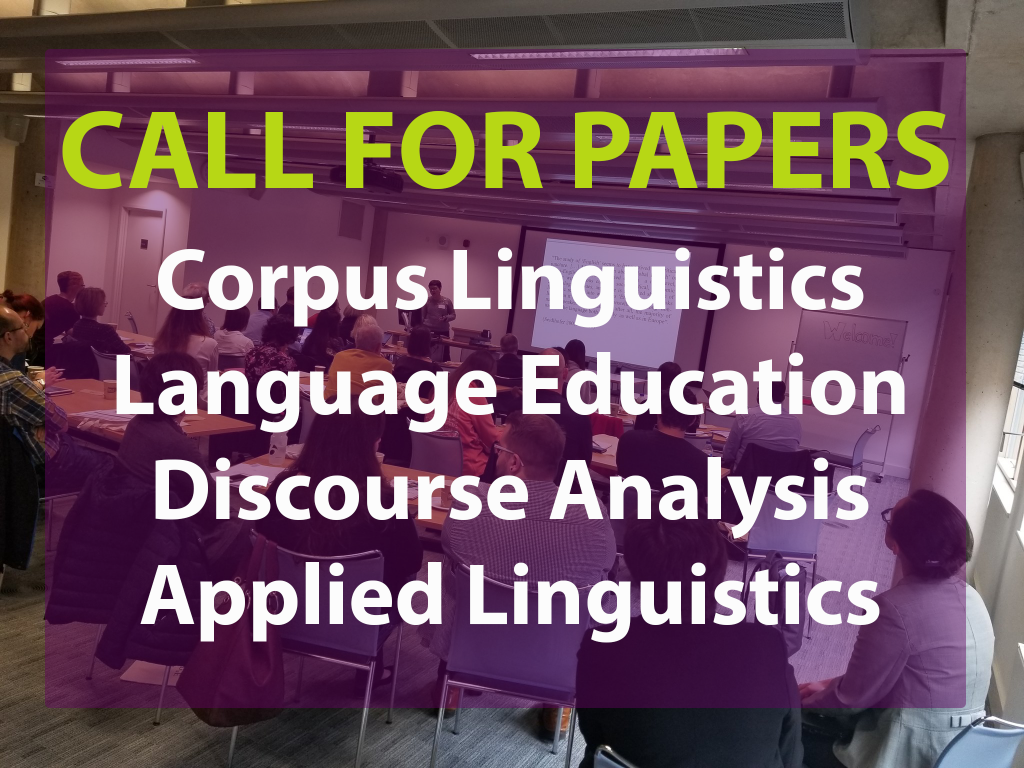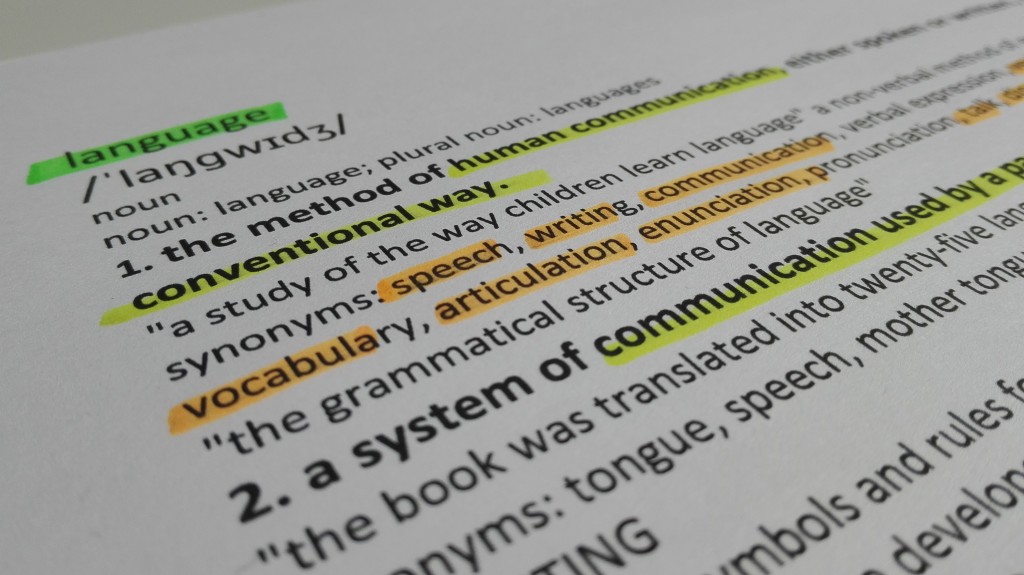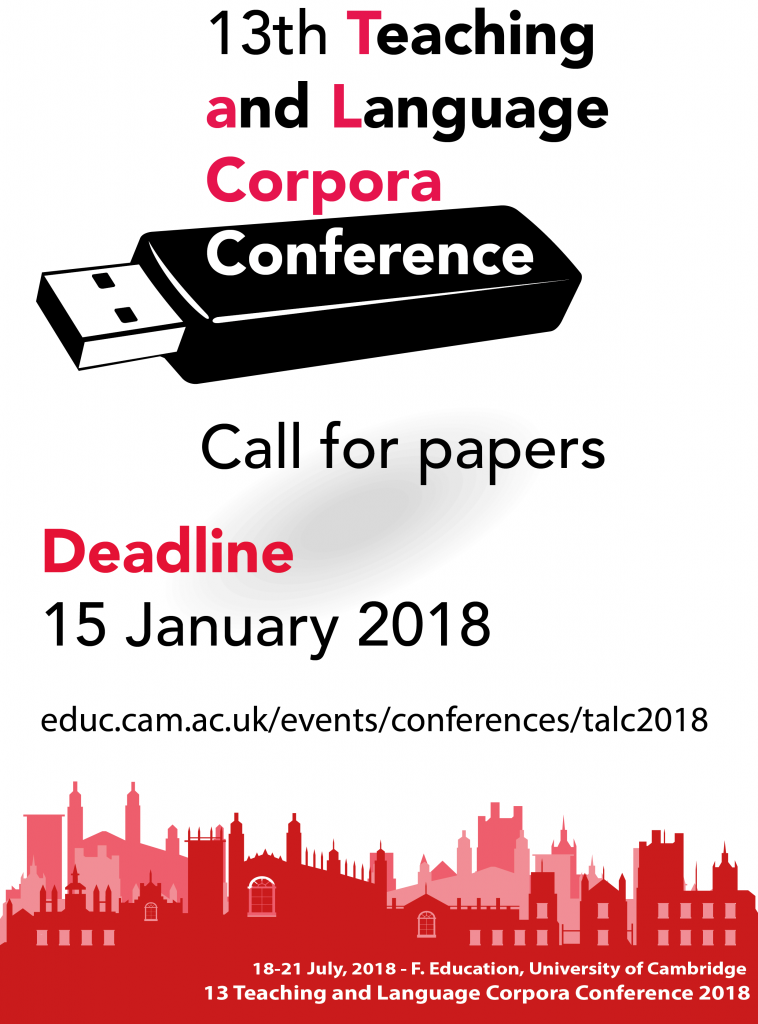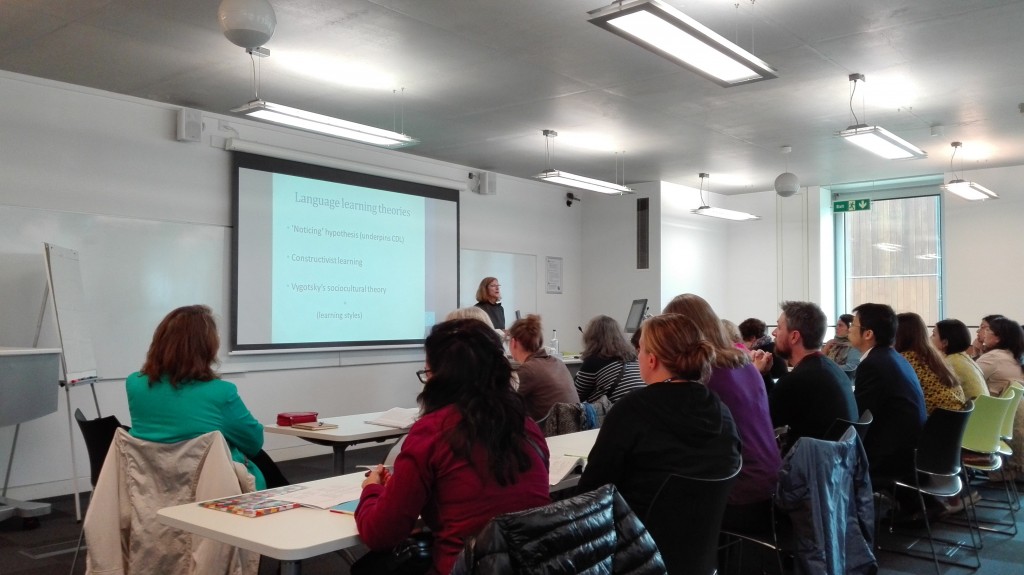Call for chapters for an edited book focusing on the use of corpora for data-driven learning (DDL, Johns, 1991) with young (i.e. pre-tertiary) learners.
DDL, despite being a feature of corpora and language learning research for some time, has really taken off as a viable methodological approach in the last decade due to innovations in corpus query interfaces, data visualisation, open access and improved internet access/speed. However, for a number of reasons including access, resources and difficulties in convincing those outside academia of the value of DDL, the majority of studies on DDL are conducted with tertiary or adult learners, leaving DDL for younger learners (those in pre-school, primary, or secondary education) as a relatively underexplored area in the literature.
With this in mind, chapter proposals are invited that explore the use of DDL with younger learners. Studies dealing with DDL for first or second language acquisition, genre and register learning/teaching and DDL for the teaching/learning of subjects other than languages are particularly welcome. The corpora involved in any of these studies can be spoken, written or multimodal. Chapters may be empirical studies of corpus use and its effects on learning, studies that explore the perceptions of corpus use by younger learners/teachers of younger learners, or studies that make a novel contribution to theory or methodology, such as new software or corpora that deal specifically with younger learners, and new approaches in training teachers / students of younger learners in DDL techniques.
Final chapters will be approximately 6000-7500 words. Chapter proposals of 400-500 words are due mid April, 2018. The edited volume is to be published by Routledge in 2019, part of the Taylor and Francis publishing group.
Please feel free to signal your interest or discuss your ideas by contacting the editor at p.cros@uq.edu.au.
Acceptance notification in April, with final submissions due December 2018/January 2019.
Please contact:
Dr. Peter Crosthwaite, Ph.D., FHEA
Lecturer, School of Languages and Cultures,
University of Queensland



